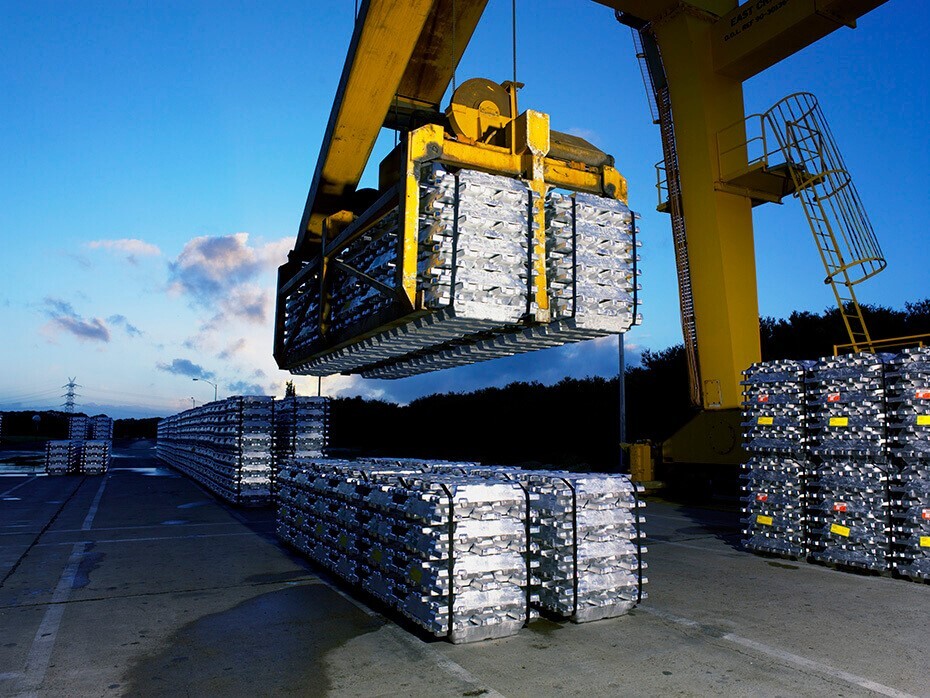

Donald Trump's tariff threat following his second presidential term inauguration on January 20 has already sparked speculation among aluminium industry leaders from both the domestic and international markets, prompting them to make strategic decisions regarding overseas trade. For instance, Alcoa, an American aluminium producer headquartered in Pittsburgh, Pennsylvania, is contemplating redirecting its Australian aluminium output to the United States in response to the proposed tariff on aluminium imports from Canada. Alcoa's CEO, William Oplinger, suggests that shifting trade flows could be a good tactic to avoid paying tariffs to the US.

Image source: Alcoa Corporation
The speculation among domestic industry leaders also includes potential market disruptions due to tariff threats on Canada, China, Mexico, and the European Union, fearing limited metal availability, higher prices, and, ultimately, rising costs of end-user products to $1.5 to 2 billion. According to the data revealed, Alcoa's Canadian output of 900,000 tonnes out of the total annual production of 2.2 million tonnes serves the US market.
Alcoa anticipates a possible demand-supply gap in low-carbon aluminium in the US market if tariffs are imposed on the European Union because the company produces low-carbon metal at its smelters in Norway, Spain and Iceland and redirects it to the United States. Tariffs on the European Union will thus cause supply disruptions in the US market amid demand growth, raising premiums. Alcoa currently charges a 1 per cent premium, amounting to $20-40 per tonne, for its low-carbon aluminium.
However, Alcoa's Australian aluminium output is expected to slightly fill the void in the US market. Australia is anyway a prominent exporter of aluminium to the United States, supplying products worth $208.9 million as of 2023. Australia's total aluminium export was valued at approximately $3 billion in 2023.
Information source: IndexBox
Responses








